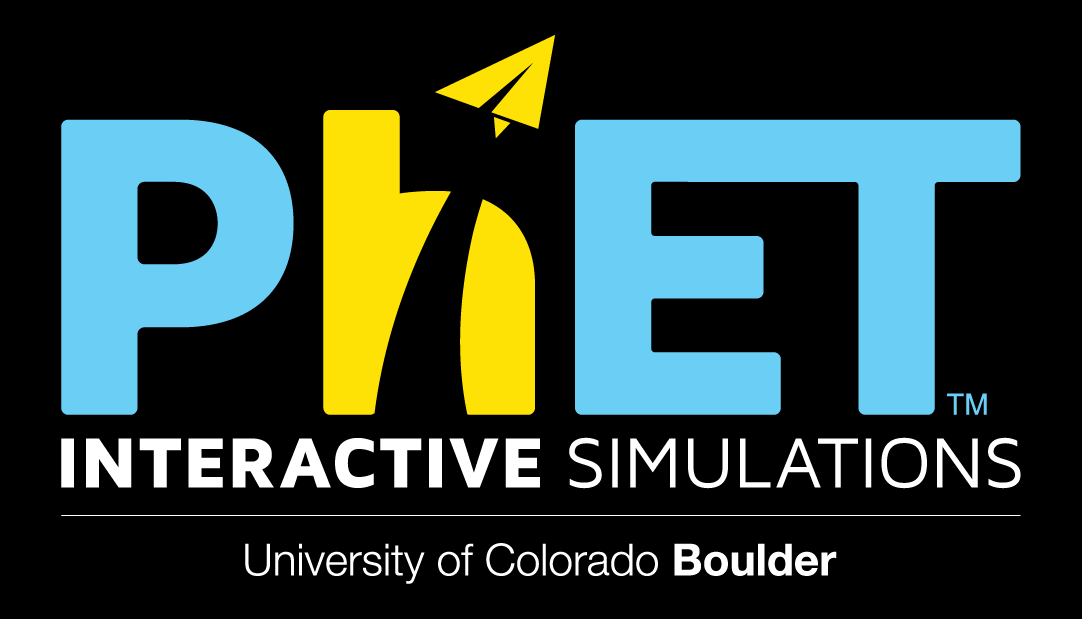
Program Contact
Kathy Perkins
Director
phethelp@colorado.edu
303.492.6714
Founded in 2002, the PhET Interactive Simulations project has created more than 170 simulations of physical phenomena and mathematics that are engaging millions of learners of all levels, from grade school to grad school. PhET’s research-based approach results in a design that is intuitive and engaging for all users and enables students to make connections between real-life phenomena and the underlying math and science.
To help students access and deepen their understanding of core STEM concepts and practices, PhET simulations use innovative approaches, such as making the invisible visible through dynamic interaction, graphics and feedback. To further encourage quantitative exploration, many simulations offer measurement instruments such as rulers, stop-watches, voltmeters and thermometers. As the user manipulates these interactive tools, dynamic responses effectively illustrate cause-and-effect relationships as well as link multiple representations.
To ensure educational effectiveness and usability, all of the simulations are extensively tested and evaluated. The PhET project is also working diligently to increase the accessibility of simulations. In addition to a visual display, many simulations include auditory display features such as interactive description and enhanced sound, as well as increased input methods.
The PhET website provides free access to all PhET simulations, as well as virtual workshop, teaching resources, and sim-based activities for all grade levels.
PHET SIMULATION PROGRAM
Additional Info
All PhET simulations are available for free from the PhET website and are easy to incorporate into a variety of educational settings!
Location
online resource
Dates
Ongoing
Public or Private
Public Program (open to the public)
Program Fee
No charge to attend/participate in activity or program
Online Resource
https://phet.colorado.edu
Sponsoring Units
College of Arts & Sciences
- Department of Physics
Program Partners
- National Science Foundation
- The William and Flora Hewlett Foundation
- Google.org
- Gordon and Betty Moore Foundation
- Yidan Prize Foundation
- Mastercard Foundation
Audiences Served
- Adult Learners
- Children & Youth (outside school)
- Families
- General Public
- International
- Students - Elementary School
- Students - English Language Learners (ELL)/Emergent Bilingual
- Students - Homeschooled
- Students - High School
- Students - Middle School
- Teachers - Elementary School
- Teachers - Middle School
- Teachers - High School
- Youth Placed At Risk